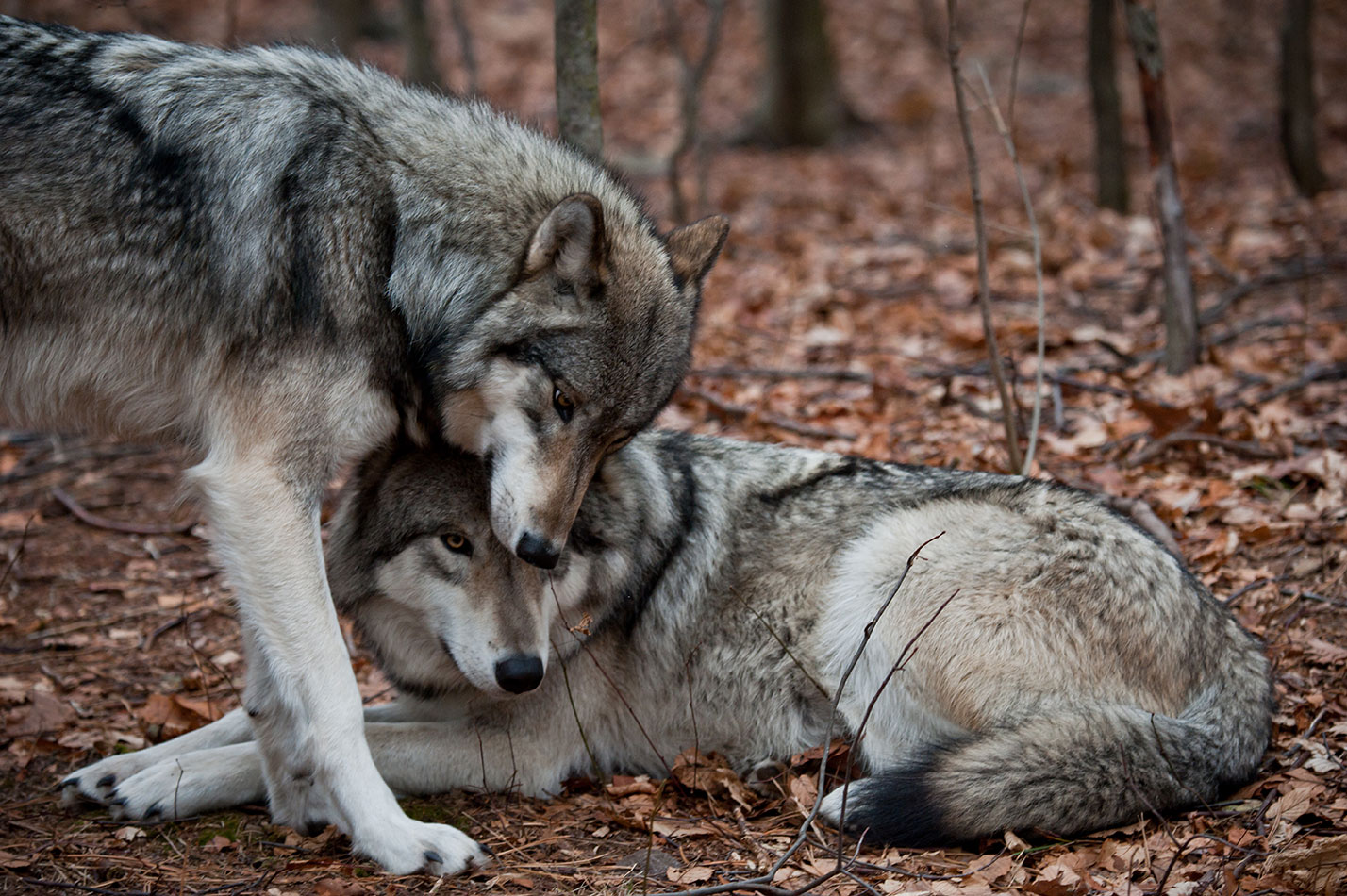Over the past few weeks, I’ve become more and more excited about the prospect of seeing friends and family I have deeply missed during the pandemic. This pandemic proved, more than ever, that humans need connection with one another for our mental health and wellbeing. But our need for deep, meaningful relationships extends beyond human-to-human interactions to our natural world. I am publishing this piece on Endangered Species Day. Today, I’m holding the feeling of "species loneliness"—the reality that humans are rapidly losing our connections to other species, and the deep-seated loneliness that results from that loss.
There is no question that when we feel more connected to the Earth and other species, we are more likely to be better stewards for them. But as the world loses more land and wildlife habitat to extractive industries—equivalent to a football field every 30 seconds in the United States—our isolation from nature and other species deepens. That is only amplified by stark inequities that exist when it comes to getting outdoors. Today, more than 100 million people all across the country don't have a park within a 10-minute walk of home, especially in low-income communities of color.
We need to recognize that our fate is intimately tied to that of healthy lands, waters, and biodiversity, and we must take action to protect nature and species that we coexist with and depend upon. The world’s wildlife populations have declined by two-thirds in the last 50 years, and scientists report that over one million species are now at risk of extinction. As a society, our loss of connection with the natural world is contributing to the human-caused mass extinction and public health crises we now face.
The stakes have never been higher. This year has witnessed an unprecedented number of anti-wildlife bills in state legislatures. In Idaho, Governor Brad Little just passed legislation that could result in the killing of 90 percent of the state’s gray wolves. In Montana, several bills passed that would allow the state to permit individual hunters to kill an unlimited number of wolves, to bait, snare and “spotlight” them at night— threatening a 30-year effort that is arguably the most successful wildlife recovery effort in this country. Other newly-passed laws target grizzly bears, mountain lions, elk and other species. And more state governments are engaged in relentless efforts to strip much-needed protections from lands, waters and wildlife.
Together, these anti-wildlife and anti-environment laws could drive species back to the brink of extinction. But we can combat these attacks on nature by immediately implementing a robust national biodiversity strategy.
With our very existence at stake, biodiversity loss must be a national priority on the same level as climate change. A national biodiversity strategy can help us reverse the trend of species loss by initiating a whole-of- government approach to saving habitat, fully funding and implementing the Endangered Species Act, and slowing extinction. Preserving biodiversity also means ensuring that more communities have clean air, clean water, and a sustainable, healthy climate.
We need a national biodiversity strategy that will center our friends and neighbors who have historically been shut out of wildlife management decisions, especially Tribal Nations. Today, Indigenous people across the world care for 80 percent of its biodiversity. In the United States, Tribal Nations have led the effort to save grizzly bears, wolves, salmon, and many other critical species from extinction. Prioritizing Tribal management and sovereignty will be key in the work to slow extinction and help nature thrive.
Fortunately, Secretary of the Interior Deb Haaland deeply understands the importance of Tribal rights and sovereignty, and is championing efforts to make conservation and protection of biodiversity a priority. The agency’s “America the Beautiful” plan will help us protect 30 percent of lands and waters by 2030, which scientists say is absolutely key to slowing extinction.
We have stopped extinctions previously. Tribal Nations have worked tirelessly to preserve the earth’s biodiversity for centuries. We can learn from Indigenous-led management, protect more lands and waters, and implement a national biodiversity strategy to give nature the protection and care that it so desperately needs. In doing so, we can reignite our own connection to the natural world, and with the peace, solace, and health that a deep connection to Earth brings.
